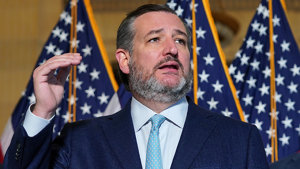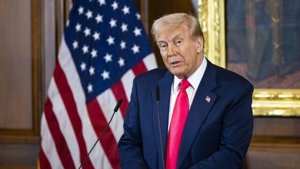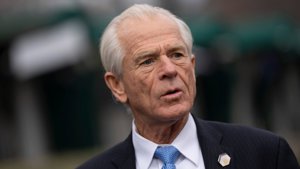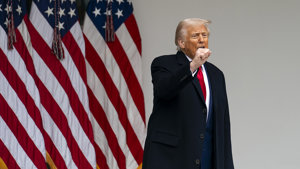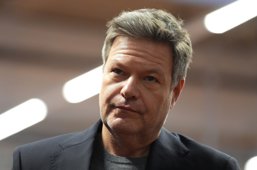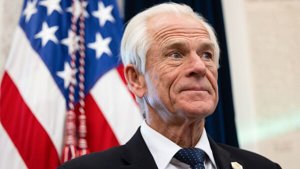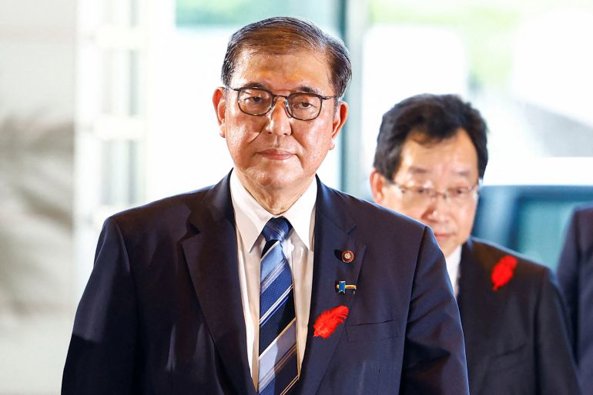
Japan Criticizes US Tariffs, Eyes Talks
Japanese Prime Minister Shigeru Ishiba expressed deep concern on Thursday over United States President Donald Trump’s newly imposed tariffs, calling the measures “extremely unfortunate.” Speaking at a press briefing, Ishiba questioned whether the tariffs were compatible with existing trade agreements and stressed the serious implications for global economic stability.
The remarks come a day after Trump imposed sweeping reciprocal tariffs on foreign nations, including a 24% duty on Japanese exports to the U.S. The move is part of Trump’s broader trade strategy under the “Liberation Day” policy, which has already drawn criticism from several global partners.
Ishiba emphasized that Japanese companies have played a “significant” role in the U.S. economy and warned that the new tariffs will have widespread consequences not just for bilateral ties but also for international trade systems.
“If necessary, I will not hesitate to fly to Washington to negotiate directly with President Trump,” Ishiba stated, signaling a willingness to pursue high-level diplomatic intervention. He added that Japan will continue to urge the U.S. administration to reconsider its approach to trade duties, describing the decision as a major obstacle to economic cooperation.
The Japanese government is reportedly evaluating potential responses, but Ishiba’s remarks suggest that diplomacy remains the preferred route. The administration aims to avoid retaliatory measures for now while attempting to resolve the issue through direct communication and trade dialogue.
Ishiba’s comments underscore Tokyo’s unease with the evolving U.S. trade posture and the potential disruption it could cause to global supply chains, particularly in automotive and electronics sectors where Japanese companies are major players.
As other nations prepare countermeasures or seek negotiation, Japan’s approach may shape the tenor of upcoming international trade talks. Analysts believe that a successful dialogue between Washington and Tokyo could ease tensions and serve as a template for resolving other disputes triggered by Trump’s trade realignment.

